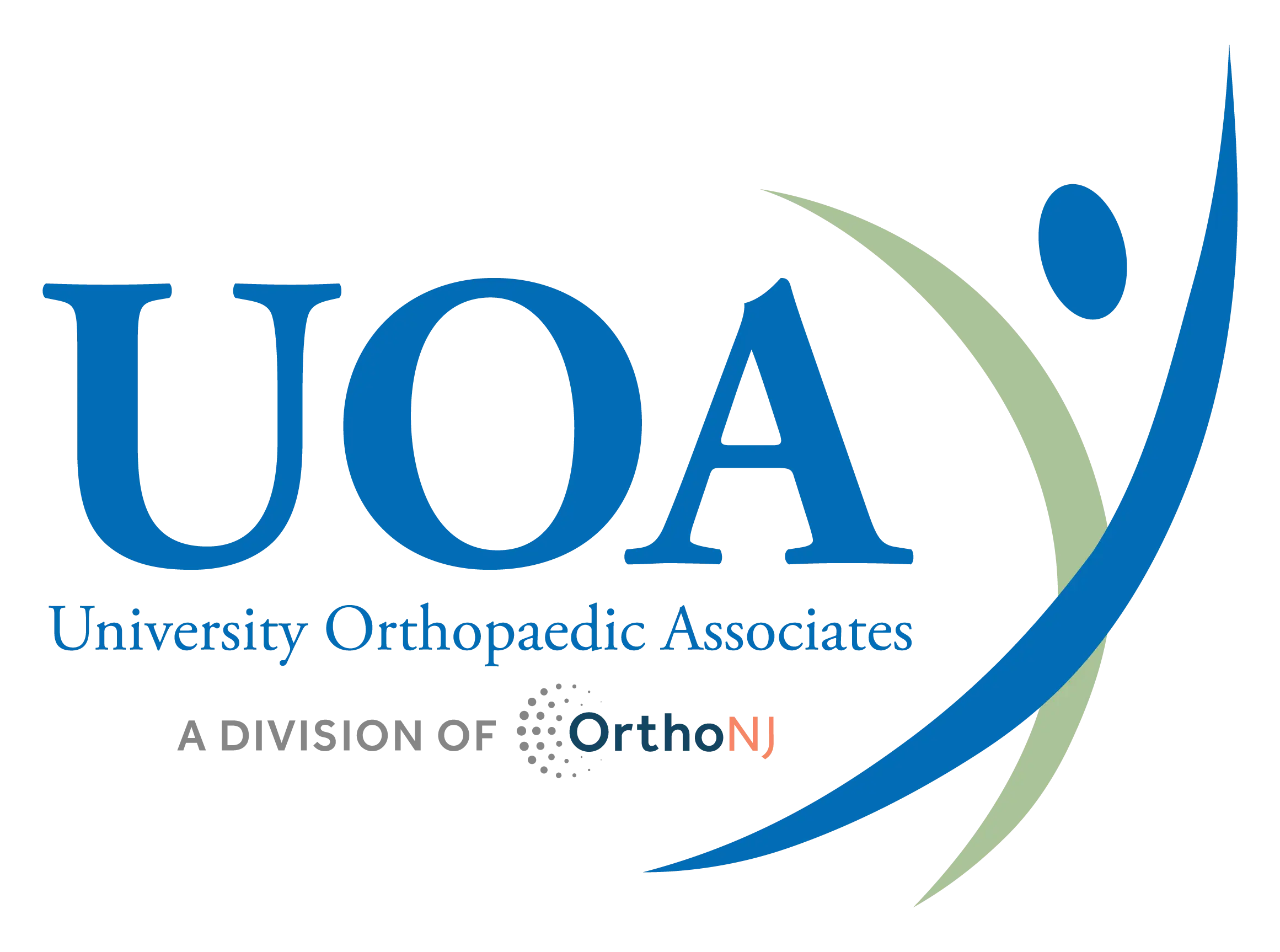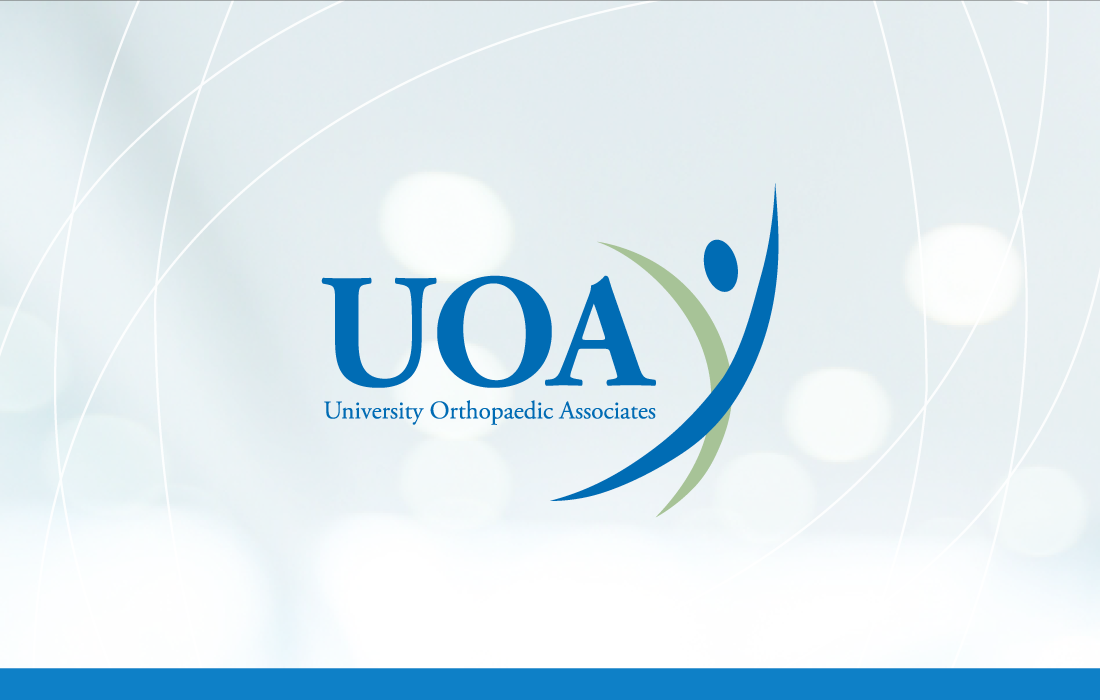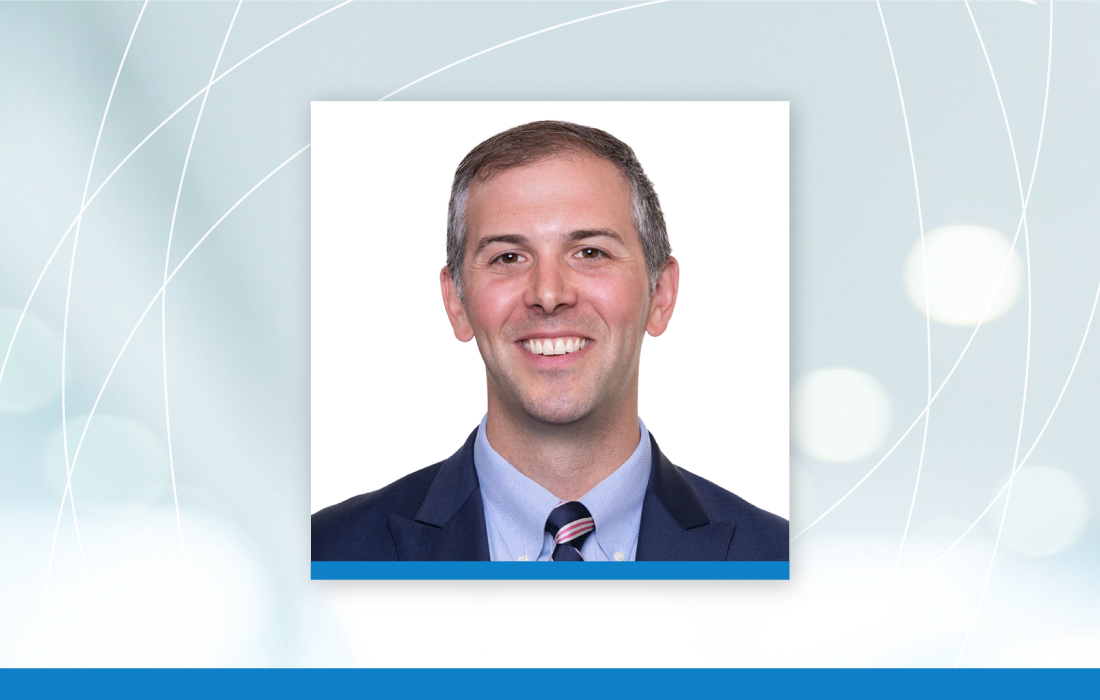The medial collateral ligament (MCL) is located on the inside of the knee joint and connects the femur to the tibia. Any damage or tear in this ligament can lead to pain, as well as symptoms including swelling and instability in the affected knee. Most medial collateral ligament (MCL) injuries can be treated non-operatively. However, when there is significant instability or when a MCL tear happens in combined with other ligament injuries in the knee, surgery may be needed to restore full function and stability of the knee.
What Is an MCL Tear?
An MCL tear often occurs after excess valgus force on the knee, where the knee goes in and the foot goes out. For instance, an MCL tear may occur during a collision with another player while playing contact sports like football and hockey or in a non-contact injury. It is the most commonly injured ligament, and often happens in isolation. However, in more severe injuries it may be torn in addition to other ligaments of the knee.
The tear may either be partial—meaning only some fibers in the ligament are sprained or stretches, or it can be complete—meaning the ligament is completely torn, either off the femur, the tibia or in the middle.
Symptoms of an MCL tear will vary based on the severity of your injury. MCL injury symptoms may include:
- Knee pain
- Swelling, stiffness and/or tenderness in the knee
- Popping sound or sensation when the injury occurs
- Knee instability or weakness
- Locking sensation in the knee joint when using it
How are MCL Injuries treated?
Your doctor may recommend MCL repair or reconstruction surgery if your MCL tear is significant and affects the stability of the knee or is involved with other ligament tears of the knee such as the ACL, PCL, or LCL. Most commonly, MCL tears heal on their own with non-surgical treatments like physical therapy, crutches, a brace and over-the-counter pain relievers.
MCL surgery involves repairing the torn sections of your MCL or reconstructing the ligament using a graft from a donor or from your own tissues. In addition, a high strength tape, or internal brace can often be added for additional stability.
How Is MCL Surgery Performed?
During this procedure, your surgeon will make one or more incisions on your knee near the MCL tear. Typically a knee arthroscopy is also performed where a camera is used to view the knee joint and evaluate the meniscus and cartilage.
The exact steps of MCL surgery will depend on your type of MCL tear. If you have a complete tear that occurred off the femur or tibia, it can be repaired. However, if the tissue is stretched or torn in the middle, a reconstruction is often the preferred option.
MCL surgery is usually performed as an outpatient procedure—meaning you can go home on the same day of your surgery.
What Is MCL Surgery Recovery Time Like?
Everyone recovers from MCL surgery at their own pace based on factors such as the severity of the injury, their overall health status and other injuries that needed to be fixed at the time of surgery. MCL surgery recovery time usually lasts between two and three months, but it can last as little as six weeks if you properly care for yourself and your knee.
Steps you can take to ensure a healthy and full recovery from MCL surgery include:
- Getting plenty of rest and keeping your knee elevated
- Taking pain relievers or medications prescribed by your doctor to reduce swelling and pain
- Ice the knee to reduce swelling
- Wearing a cast or brace that restricts side-to-side movement of the injured knee
- Doing exercises and activities that can restore strength, stability and range of motion to your knee
Who Is an Ideal Candidate for MCL Surgery?
If you have an MCL tear or are experiencing knee instability symptoms, the best way to find out your diagnosis is to meet with a sports medicine specialist. A sports medicine specialist can properly evaluate your injury and review the results of diagnostic tests like an X-ray or MRI to determine the appropriate treatment course.
Request an appointment with the sports medicine specialists at University Orthopaedic Associates or call us at (732)-537-0909 if you need treatment for an orthopaedic injury. Our specialists at UOA can perform an evaluation and discuss all your available treatment options.




